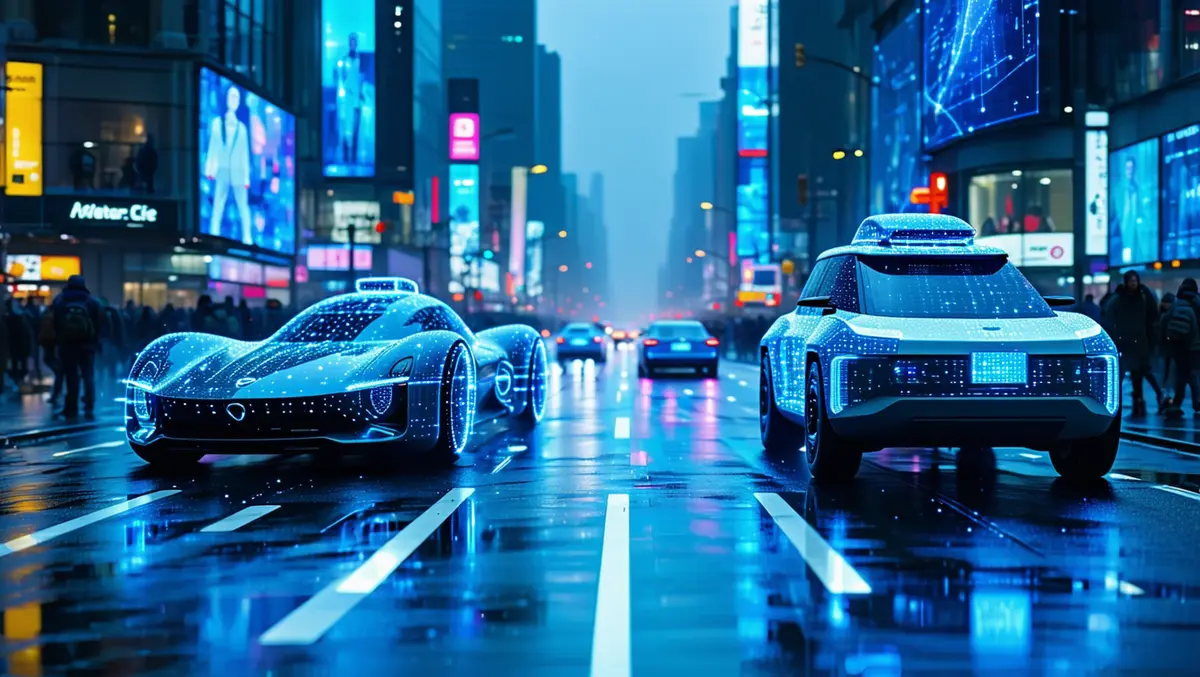Industry experts forecast significant technological advancements in 2025, highlighting trends like 'self-driving AI' and 'Small Language Models'.
Steve Salvin, the CEO and Founder of Aiimi, describes 'Agentic AI' as the "self-driving car of Large Language Models." According to Salvin, "The Nvidia and Gartner-backed AI system uses context and feedback from its environment to inform complex decisions and complete tasks with minimal supervision. The opportunities to drive efficiencies are clear. But so are the risks of having nobody behind the steering wheel."
He adds that companies seeking to adopt Agentic AI need to establish certain safeguards. "By using explainable models, teams can put routine checks and balances in place. And by using the high-quality data AI needs to generate high-quality results in the first place, teams can ensure that minimal intervention is needed," Salvin states. He further notes that with most companies not having their data properly organised, tools for automated data governance and information retrieval will become essential for leveraging new AI tools safely.
Khyati Sundaram, CEO of Applied, discusses the growing speculation around Artificial General Intelligence (AGI). Sundaram acknowledges that while AGI poses a distant threat, "AI is still far from human-like reasoning." She argues that Small Language Models (SLMs) will be a safer and more accurate alternative in the near term. "Small Language Models are going to be big in 2025. These models are trained on small datasets for specific use cases, and generate highly accurate and relevant output as a result. Models operating in contained contexts can also be more easily monitored," Sundaram explains. She emphasises the value and security of SLMs compared to Large Language Models.
Taco Engelaar, Managing Director of Neara, highlights AI's potential role in addressing climate change. "In 2025, AI will truly showcase its role in the green transition," Engelaar states. He acknowledges the high energy and water demands of AI but argues that its potential in transforming energy network resilience and materials discovery makes it integral to solving the climate crisis. Engelaar also points to increased funding for climate tech and AI-led solutions, forecasting a tipping point where "tech-led climate solutions become the rule, not the exception."
As we look ahead to 2025, the advancements in AI, particularly through self-driving AI systems like Agentic AI and the rise of Small Language Models, signal transformative changes across industries. While these technologies promise significant efficiencies and capabilities, they also require careful consideration of ethical implications and safeguards to mitigate risks. Moreover, AI's growing role in tackling global challenges such as climate change showcases its potential to drive positive environmental impact. The next few years will likely be pivotal in shaping the future of AI, necessitating a balance between innovation, safety, and sustainability.



